Munchkin cats, with their distinctive short legs and dashing personalities, have captured the hearts of cat enthusiasts worldwide. Their unique appearance, reminiscent of feline versions of dachshunds, raises both admiration and concern among prospective pet owners and animal lovers alike.
A common and pressing question often surfaces amidst discussions about this intriguing breed: Are Munchkin cats healthy? This article sheds light on the health implications of the Munchkin cat’s signature trait, diving into the genetic roots of their short stature and addressing prevalent health concerns.
Does Munchkin Cat Suffer?
One of the most crucial questions when discussing Munchkin cats’ health is whether their short legs lead to suffering. In reality, Munchkin cats are quite the opposite of despair. Their short legs do not hinder them from enthusiastically running, jumping, and exploring their surroundings.
“The most common health conditions for the munchkin cat breed, based on Nationwide pet insurance policyholder claims in 2016, are, in order of pervasiveness: Hyperthyroidism Pancreatitis Uremia (end-stage kidney failure), Feline lower urinary tract disease (FLUDT), Lymphosarcoma (cancer in the lymphoid tissue) Which means could happen to any breed.
But, of course, consider the potential for orthopedic and spinal problems. So far, no data for confirmation exist. ” – Veterinarian Mykhailo Ozmenchuk.
Munchkin cats often compensate for their shorter legs by developing strong muscles in their hindquarters, allowing them to move with grace and agility. These charming felines can enjoy a happy and fulfilling life, provided they receive the same love, care, and attention as any other cat breed. Employing a cat camera can help you keep an eye on your Munchkin’s activities and well-being even when you’re not at home.
How Are Munchkin Cats Made?
To understand the health of Munchkin cats and the origins of their unique characteristics, it’s essential to explore how these charming felines are created. Munchkin cats do not result from illness or deformity but rather owe their distinctive appearance to a fascinating genetic mutation.
This mutation affects the length of their leg bones, giving them their characteristic appearance. It’s important to note that Munchkin cats are born this way and do not experience any suffering or discomfort due to their shorter legs.
Munchkin cats can be born to Munchkin and non-munchkin parents, as the gene responsible for their unique trait is dominant. When two Munchkin cats mate, they have a higher chance of producing Munchkin kittens, but non-Munchkin cats can also carry and pass on the gene, leading to Munchkin offspring.
Do Munchkin Cats Have Worse Health Than Others?
One of the most common misconceptions about Munchkin cats is that they are inherently less healthy than their longer-legged counterparts. However, it’s essential to rely on facts and evidence when discussing the health of these charming felines.
No substantial scientific evidence suggests that Munchkin cats are predisposed to more health problems than other cat breeds.
Munchkins can face common feline health issues such as dental problems, obesity, or skin conditions. The presence of shorter legs does not make them more susceptible to these issues.
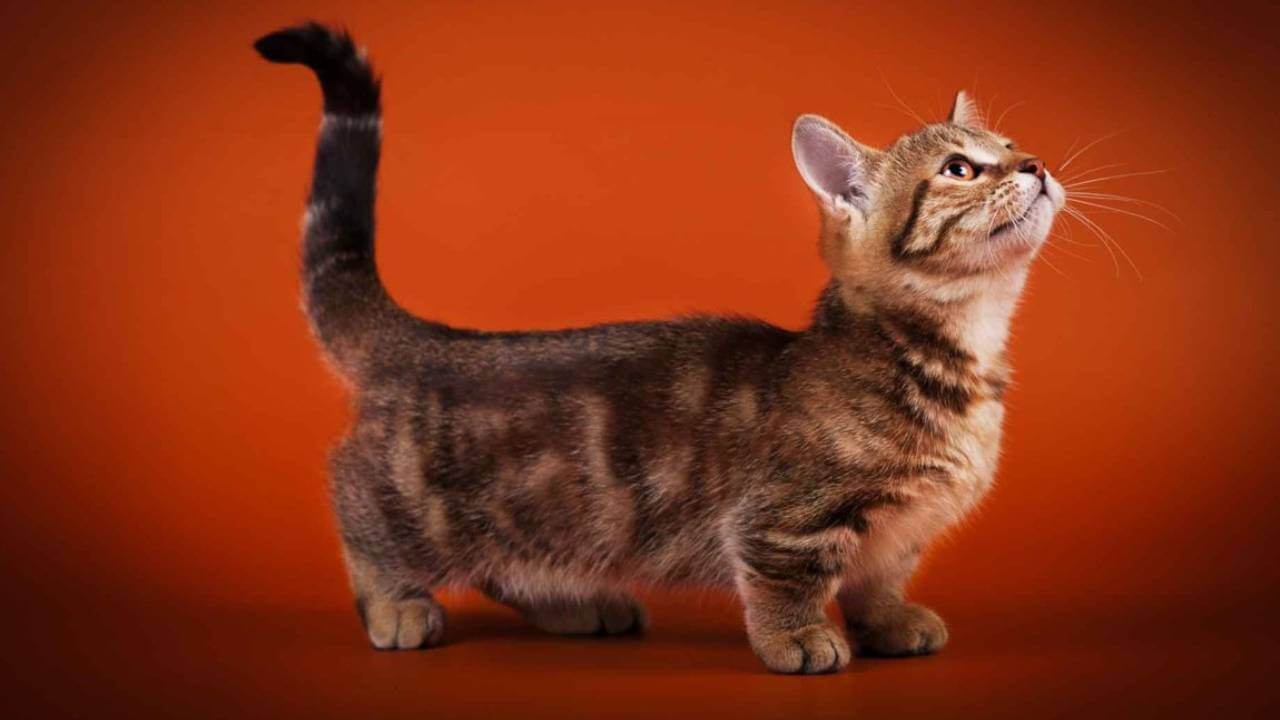
Instead, their overall health depends on various factors, including genetics, diet, and the quality of care they receive. Munchkin cats can live long, healthy lives with proper veterinary care, a balanced diet, and a loving environment.
Responsible pet ownership and regular check-ups are essential to ensure the well-being of any cat, regardless of their breed. The security offered by cat insurance ensures their health needs are covered.
Is It Cruel To Breed Deformity Intentionally?
This question often arises when discussing Munchkin cats and their unique physical trait. It’s essential to distinguish between intentional breeding practices and the cats’ welfare to address this concern.
Breeding Munchkin cats is not inherently cruel when done responsibly and with the well-being of the cats in mind. Ethical breeders prioritize the health and happiness of their cats.
Responsible breeders take several steps to ensure the welfare of Munchkin cats. They carefully select mating pairs to minimize the risk of health issues associated with the breed. Munchkin cats owe their distinctive appearance to a fascinating genetic mutation, further explored in the study “Structural UGDH variant associated with standard Munchkin cats.”
Munchkin cats are generally healthy and happy companions. Their unique physical traits do not cause suffering, and they can lead fulfilling lives. Like any pet, they require proper care, regular vet check-ups, and a loving home. Breeding Munchkin cats is not inherently cruel as long as it is done responsibly and with their well-being in mind.

FAQs
What are the unique health concerns associated with Munchkin cats?
Munchkin cats are known for their short legs due to a genetic mutation. This distinctive trait can predispose them to certain health issues, such as lordosis (excessive spine curvature) and osteoarthritis, especially in their later years.
Certain health issues, such as lordosis and osteoarthritis, are particularly noteworthy, as detailed in our article on skeletal manifestations of heritable disproportionate dwarfism in cats.
How does the health of Munchkin cats compare to other breeds?
Munchkins may be more prone to certain conditions related to their shortened limbs. However, with proper care, a balanced diet, and regular veterinary visits, Munchkin cats can enjoy a quality of life comparable to that of other breeds.
Are there any special dietary needs for Munchkin cats to maintain their health?
Like all cats, Munchkins benefit from a balanced, nutritious diet. However, given their body structure and potential for weight gain, which can exacerbate health issues like joint problems, it’s important to manage their diet carefully. Feeding them high-quality cat food formulated for their specific life stage, monitoring their weight, and avoiding overfeeding are key to supporting their overall health and mobility.
What kind of exercise is best for Munchkin cats?
Munchkin cats enjoy play and activity like any other cat. However, considering their unique physique, it’s beneficial to encourage gentle exercises on their joints. Interactive toys stimulating mental activity without requiring too much jumping or strenuous running are ideal.
Breeding practices should always prioritize the animals’ welfare, a principle explored in more depth in the genetic welfare problems of companion animals.
Can regular veterinary care mitigate health risks for Munchkin cats?
Absolutely. Regular veterinary care is paramount for Munchkin cats. Early detection of any health issues, especially those related to their skeletal system, can significantly improve the outcome. Annual check-ups or more frequent visits for older cats allow for proactive management of potential health problems.
Discussions with your vet about specific care for Munchkins can also help you provide a supportive home environment that caters to their needs.


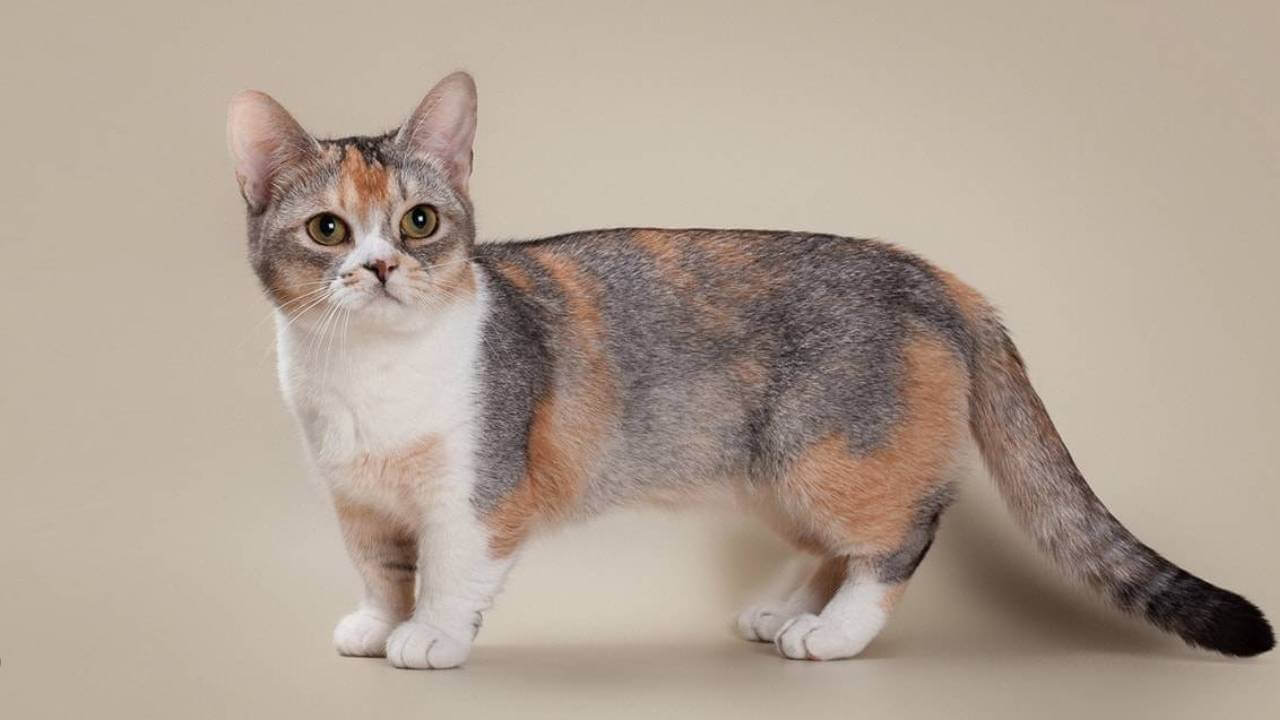
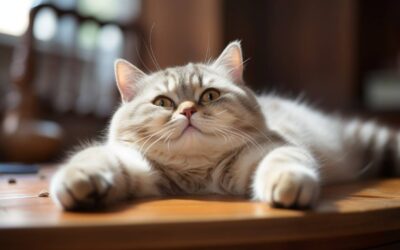
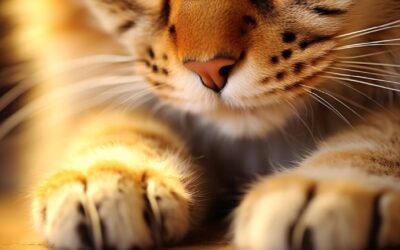
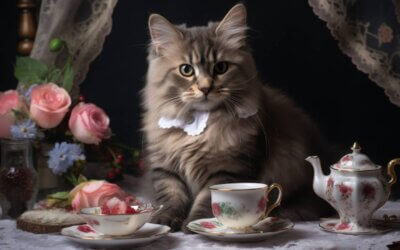
I’m considering getting a Munchkin cat but heard about potential health issues. What are the main things to watch out for?